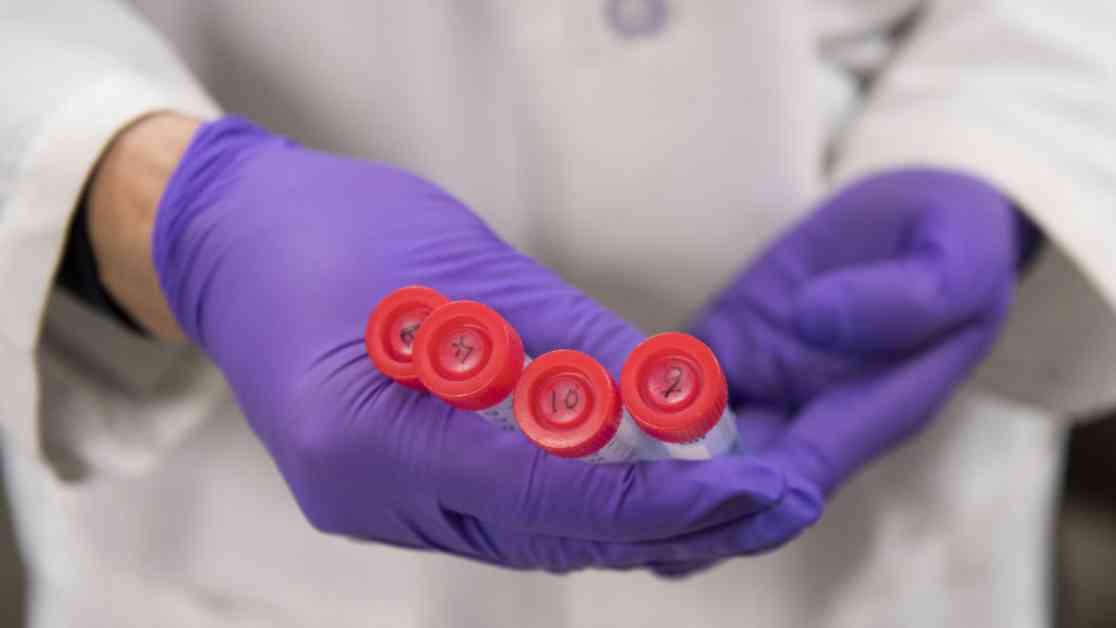A patient goes to the doctor after seeing a commercial about a blood test that can predict Alzheimer’s. The doctor explains that while the test can be ordered, the medical community is still unsure about how to proceed with a positive result.
The development of anti-amyloid antibodies for Alzheimer’s treatment has brought about a new era in dementia care. These groundbreaking therapies have led to a focus on accurate and efficient detection of Alzheimer’s disease, especially since early detection can lead to more effective treatment.
Traditional methods of diagnosing Alzheimer’s can be challenging and costly. However, blood-based biomarkers have emerged as a simpler and more accurate way to detect the disease through a simple blood test. These tests have high diagnostic accuracy and, when combined with traditional methods, can effectively diagnose Alzheimer’s even before symptoms appear.
If a patient tests positive for Alzheimer’s biomarkers but shows no symptoms, it raises ethical questions about diagnosis and treatment. Should the patient be formally diagnosed and treated with anti-amyloid agents? These are critical questions that impact both healthcare costs and patient outcomes.
While early detection through blood-based biomarkers can allow for lifestyle changes that may slow the progression of Alzheimer’s, there are still uncertainties surrounding the clinical utility of these tests in asymptomatic individuals. Positive results can lead to distress without a clear path forward, and the financial implications of widespread testing and treatment are significant.
To address these challenges, strict standards for testing and treatment need to be established. Research infrastructure should focus on determining the effectiveness of early interventions in asymptomatic individuals and whether anti-amyloid therapies can prevent cognitive decline. Guidelines on the use of blood-based biomarkers should be developed by impartial organizations to ensure equitable and effective use.
As we navigate this new era of Alzheimer’s diagnostics and treatments, collaboration between various stakeholders will be crucial. Manufacturers, professional organizations, patient advocacy groups, and governmental entities must work together to ensure that these technologies are integrated into the healthcare system in a way that maximizes their benefits while minimizing risks and costs.
In conclusion, while blood-based biomarkers offer great promise for the early detection and treatment of Alzheimer’s, careful consideration of their implications and implementation is necessary to realize their full potential in improving patient outcomes and healthcare delivery.

















